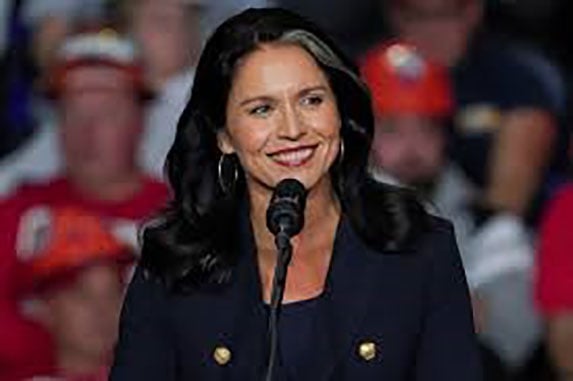WASHINGTON, (Reuters) – President-elect Donald Trump’s choice of Tulsi Gabbard as U.S. intelligence chief has sent shockwaves through the national security establishment, adding to concerns that the sprawling intelligence community will become increasingly politicized.
Trump’s nomination of Gabbard, a former Democratic congresswoman who lacks deep intelligence experience and is seen as soft on Russia and Syria, is among several high-level picks that suggest he may be prioritizing personal allegiance over competence as he assembles his second-term team.
Among the risks, say current and former intelligence officials and independent experts, are that top advisers could feed the incoming Republican president a distorted view of global threats based on what they believe will please him and that foreign allies may be reluctant to share vital information.
Randal Phillips, a former CIA operations directorate official who worked as the agency’s top representative in China, said that with Trump loyalists in top government posts, “this could become the avenue of choice for some really questionable actions” by the leadership of the intelligence community.
A Western security source said there could be an initial slowdown in intelligence sharing when Trump takes office in January that could potentially impact the “Five Eyes,” an intelligence alliance comprising the U.S., Britain, Canada, Australia and New Zealand.






